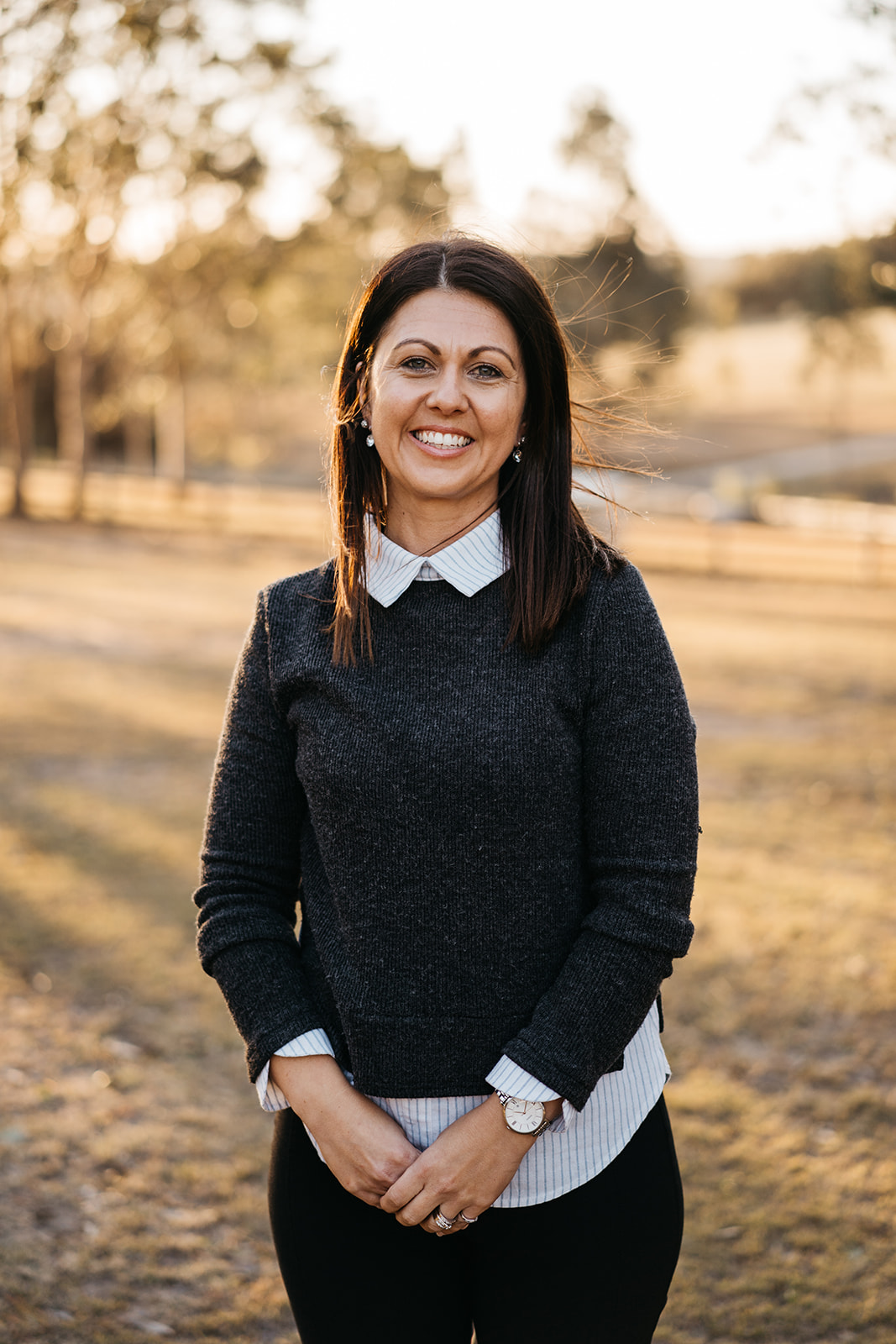
How to Ace Your Next Job Interview – with Alissa Bower
Job interview tips are always among our most popular topics at GWG. And with a lot of people jobseeking at the moment due to COVID-19, there’s never been a better time to brush up on the top things you can do to help you succeed in an interview.
Drawing on advice from GWG Senior Consultant Alissa Bower, we’ve rounded up eight of the best tips to help you prepare for – and completely ace – your next job interview.
1. Research the company
“Preparation is key” is a go-to motto for Alissa, and it’s something she stresses to each and every jobseeker. As soon as you’ve locked in the interview, it’s time to start preparing.
Researching the company you’re interviewing with should be step one of the prep process. The best place to start is with their website. Reading up here will help you understand the business, its needs and its services; prepare points and tailor responses to interviewers’ questions; and give you a foundation to ask great questions of your own at the end of your interview.
It’s also good idea to take a look at the company’s social media channels to get a feel for its culture. You should also carefully read and research the advertisement for the particular job you’ve applied for to ensure you understand the role, can prepare any relevant questions, and won’t ask anything that’s already covered in the ad.
When you’ve done your research prior to an interview, it shows. Your interviewer/s will see that you’re enthusiastic and excited about the role you’re applying for, and that you’re diligent about doing your homework.
2. Practise for punctuality
Punctuality is a must for every jobseeker at every interview. Not only is it a good indication that you’ll be a reliable employee, but the interview process is nerve-wracking enough already, so don’t stress yourself out further by being late and feeling flustered. “No matter what, you need to arrive early,” Alissa says. “Always arrive ten minutes before your interview.”
If you can, take a drive past the location of the interview before the big day so you’ll know where you’re going, where you’ll be able to park and so on. At the very least, track the location on Google Maps so you’ve got some idea of where it is and how long it will take to get there.
Once you’ve arrived nice and early, take a few minutes to sit in your car or another quiet spot, read over your resume and calm your nerves.
3. Dress for success
Never underestimate the immediate impact you can have by presenting yourself professionally at a job interview. “I say this to every single candidate that I put forward for roles: first impressions count,” Alissa emphasises.
If you’re worried about what to wear, remember that you’re always better off being overdressed than underdressed. If you find yourself deliberating over whether to wear the tie or include the suit jacket, Alissa says to go for it. Even in the age of video interviews, it’s important to dress for success.
Always plan your outfit well in advance of your interview, and iron your clothes the night before so everything’s ready. Don’t leave it all until the morning of!
4. Have questions at the ready
Yes, job interview prep mostly involves getting ready to answer questions. But it’s also important to have questions of your own ready to ask. “Asking questions makes you look interested and keen for the position,” Alissa points out.
In addition to showing your enthusiasm and helping you learn more about the role, well-considered questions allow you to engage in more conversation with your interviewer/s, and can help to demonstrate further how and why you’re the right person for the job.
If you’re unsure of the best kinds of questions to ask, there are plenty of resources online, so get Googling (Seek, Business Insider and Indeed are great places to start). Questions that are always a safe bet include things like:
- “I’d love to know more about your culture and the team I’d be working in.”
- “What are the next steps throughout the recruitment process?”
5. Prepare for any interview process and style
“Companies can have several different interview techniques,” Alissa points out. While a standard one-on-one situation with interviewer and interviewee is the most common, other options include:
- A panel interview, where you are interviewed by two or more managers
- A behavioural interview, where the interviewer or panel members ask you questions about your past work experience, focussing on how you handled various work situations
It’s important to be prepared for any of these styles so that you aren’t overwhelmed when you walk into your interview, and can give the right kinds of responses. Which brings us to our next point…
6. Give STAR responses
The STAR method of response is particularly important in a behavioural interview, where real-life examples and situations are the focus of the questions. A STAR answer allows you to give thorough examples and detailed responses rather than flat statements that don’t really demonstrate your aptitude.
STAR responses take the following format:
- S for Situation: Describe the event or situation you were in
- T for Task: Explain the task you had to complete
- A for Action: Describe the actions you took to complete the task
- R for Result: Conclude with the result of your actions
7. Keep cool, calm and collected
It’s important to slow down, stay calm and avoid getting flustered when responding to interviewers’ questions. This will help you to communicate clearly and effectively, and save you from “I should have said this instead” regret later on.
“If you really take your time, those answers will come to you; when you’re rushed and panicking, they won’t,” Alissa points out. She suggests that you keep your cool by taking deep breaths, speaking slowly and clearly, focusing on listening to what the interviewer is saying, and avoiding talking over them.
8. Always be appropriate
It’s important to strike the balance between personable and personal in your interview. You want to create a rapport with your interviewer, but not go over the top by providing unnecessary personal details. “If they don’t ask you a personal question, don’t delve into it,” Alissa says.
There are also certain questions you should avoid asking in your initial interview. These include things like “When/how much time off can I have?” and “How much will I be paid?”. There’s a better way to find out this information than asking bluntly, and as Alissa points out, “The answers will come in time if you are successful in gaining the role, or if you are moving on in the [recruitment] process.”
Bonus tips
Spring clean your social media
“Nowadays, most employers and agencies will investigate the social media presence of all their job candidates as part of the interview and screening process,” Alissa says. “If you haven’t already, be sure to review all your social media accounts before your job interview.”
Your spring clean should involve:
- Taking down anything that might make you appear less than professional (including things like other people’s photos in which you’re tagged, comments you’ve made on other posts, etc.)
- Using your privacy settings to lock down your profile/s entirely if you’d prefer
- Updating your LinkedIn profile – LinkedIn counts as social media, too!
Know your resume inside out
Writing a winning resume, knowing it inside out and being able to talk about everything on it in detail is vital to a successful interview process.
Alissa suggests asking a friend to read over your resume for you, and to conduct a practice interview so you can get a feel for how you’re going to answer questions during the real deal.
When to ask about salary
We mentioned above that you shouldn’t come right out and ask about how much you’ll be paid – but that doesn’t mean salary is off-limits in an interview.
If you have an initial phone call with someone to set up the interview, ask them about the role’s salary range so that you have a better idea going in. Often, the interviewer themselves will bring it up as a discussion point during the interview itself, but if they don’t, you can do so tactfully in the question section at the end.
“It is okay at the end of the interview to ask,” Alissa says. “Really make sure that you clarify the salary – make sure you know what the base is plus the super.”
***
These tips and more were delivered in a Job Interview Masterclass webinar as part of GWG’s #RecruitME workshop series. You can watch the full webinar here, or get in touch to find out how we can advise and support you as you search for your next role.



